One Of The Big Bang Theory’s Most Hated Episodes Betrayed Its Main Character
Although The Big Bang Theory’s main characters were rarely outright heroes, one of the hit sitcom’s most hated outings turned the protagonist into a villain. The Big Bang Theory’s entire cast of characters were beloved by viewers, but one star became the show’s breakout character. Although the romance between Johnny Galecki’s Leonard and Kaley Cuoco’s Penny was the show’s main focus in its early seasons, Jim Parsons’ quirky Sheldon quickly established himself as a scene-stealing highlight of the series. Eventually, Sheldon unofficially became The Big Bang Theory’s main character once Penny and Leonard’s tumultuous romance finally settled down.
By The Big Bang Theory’s finale, Sheldon’s Nobel Prize acceptance ceremony was given more screen time and narrative focus than Penny’s pregnancy announcement. Granted, Penny’s Big Bang Theory finale pregnancy was controversial for other reasons. Still, Sheldon’s prominence in the show’s last outings proves just how much he took precedence over its former protagonists in later seasons. Generally, this wasn’t an issue for the series since Sheldon was reliably entertaining. However, in some more maligned episodes, Sheldon’s less likable character traits dragged the series down. These outings made him too mean, misreading the comical character’s appeal.

Just as The Big Bang Theory made her famous, Kaley Cuoco’s forgotten horror movie saw her play the exact opposite role of Penny’s ambitious actor.
The Big Bang Theory Season 7 Episode 8 Was Leonard’s Worst Nightmare
Sheldon Convinced Leonard To Wear An Itchy Sweater For Days
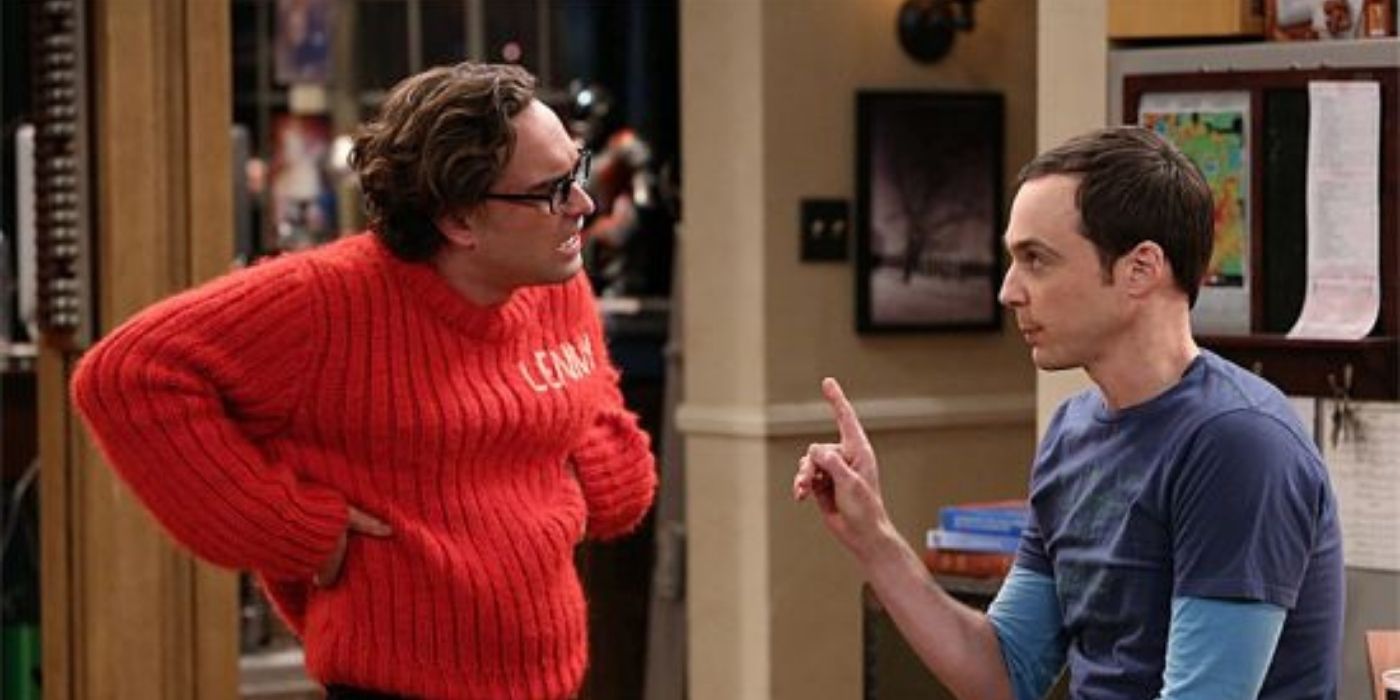
In season 7, episode 8, “The Itchy Brain Simulation,” Sheldon forced Leonard to wear an uncomfortable sweater so Leonard would understand what it was like to live with Sheldon’s “Itchy brain.” This episode is uniquely unpopular among fans online, frequently appearing in lists of the show’s worst outings ever. The sweater soon caused Leonard to develop a horrible rash, but that gross-out joke wasn’t the main reason viewers hated the episode. Instead, it was the episode’s big twist ending, a mean-spirited gag that both undercut Sheldon’s message and felt like a fundamental betrayal of what made Sheldon work.
The Big Bang Theory made Sheldon more sympathetic as he took up more of the show’s screen time.
As the show progressed, The Big Bang Theory’s Sheldon character development made an initially insufferable character increasingly human. Where a lot of sitcoms end up exaggerating the defining characteristics of their antiheroes as they continue, The Big Bang Theory made Sheldon more sympathetic as he took up more of the show’s screen time. At the start of the series, Sheldon’s intense fastidiousness and demanding nature meant he was almost a villain. By the finale, he was so well-liked that the show’s first spinoff, Young Sheldon, was a nostalgic family comedy that focused on his recollections of childhood.
Sheldon’s Big Reveal Betrayed The Big Bang Theory’s Hero
Leonard’s Struggles Were All For Nothing
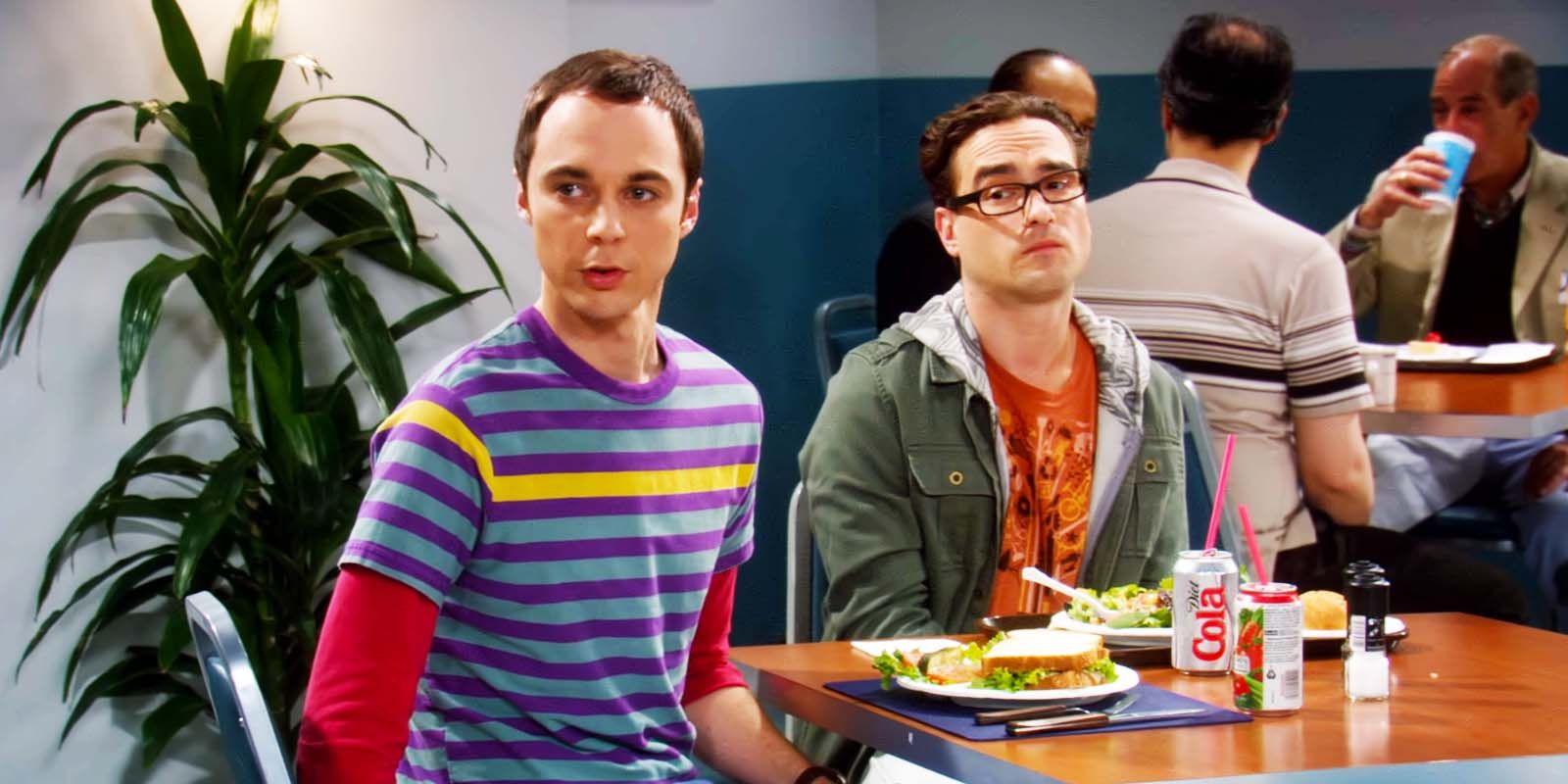
Unfortunately, “The Itchy Brain Simulation” proved that The Big Bang Theory often made Sheldon too villainous with its big twist. Sheldon initially convinced Leonard to wear the interminable sweater since his roommate felt terrible about failing to return a DVD that was rented on Sheldon’s account. Sheldon’s revelation, that he returned the DVD years ago and set up the whole situation, implies that he was always in control of his eccentricities and just tortured his friends for fun. It was a profound betrayal of his whole appeal since Sheldon was funny, and lovable, precisely because he couldn’t change who he was.
When Sheldon got baptized in Young Sheldon’s series finale, the spinoff treated this like a great personal sacrifice. For a lot of people, going through a religious ceremony as a favor to their grieving mother might not be a big deal. However, Sheldon’s obsessions with honesty, cleanliness, perceived hypocrisy, hygiene, and scientific rationality all converged to make this a uniquely nightmarish ordeal. One of the finale’s biggest laughs comes from the sight of Sheldon dressed in full scuba gear for a baptism. Crucially, Young Sheldon and The Big Bang Theory’s best jokes betray a fondness for Sheldon, rather than distrust.
Young Sheldon Improved The Big Bang Theory’s Main Character
Sheldon’s Spinoff Explained His Outlook Further
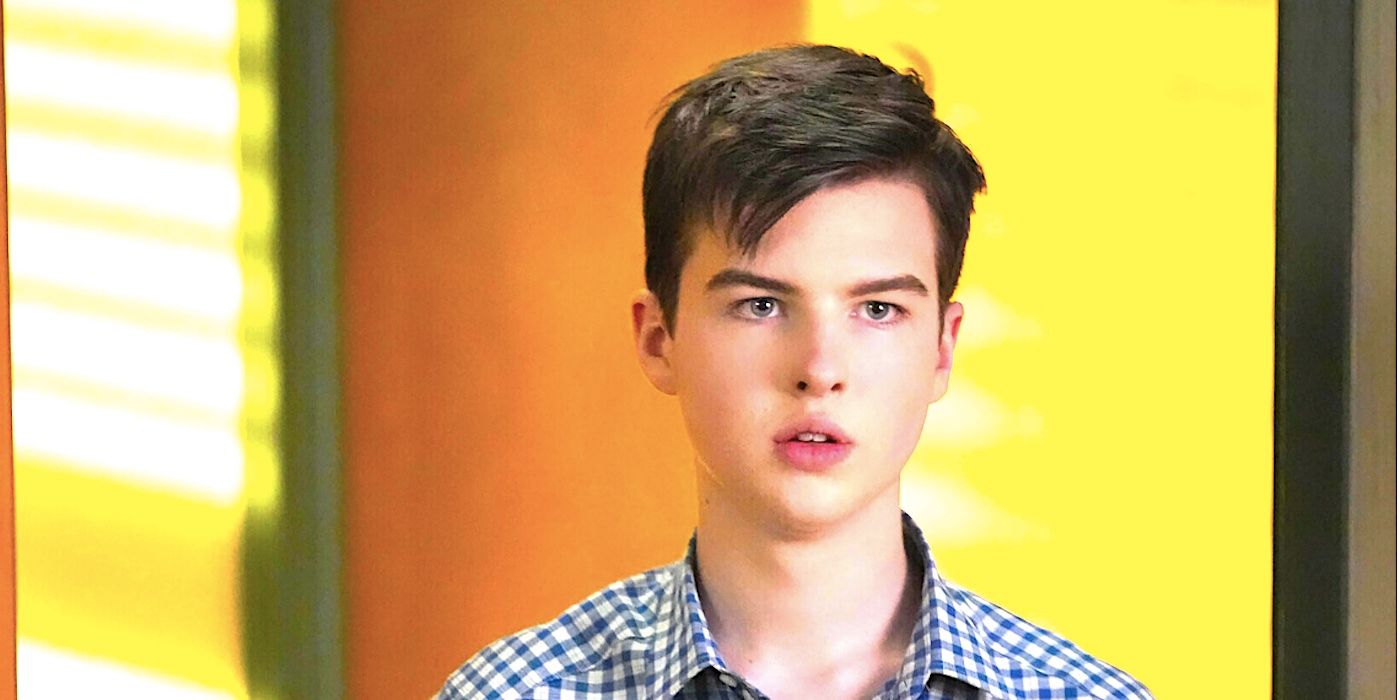
Leonard’s rash in “The Itchy Brain Simulation” is unpleasant to witness, but it’s not what makes the episode uncomfortable to watch. The implication that Sheldon could just turn off his weird way of processing the world and that he would pretend to be upset just to mess with his closest friends feels cheap and cruel. The same season saw Sheldon genuinely heartbroken by one of The Big Bang Theory’s rare deaths, and this plot was compelling precisely because Sheldon’s usual reliance on facts and logic offered him no comfort. “The Itchy Brain Simulation” implies he never needed this comfort.
Sheldon really does see the world differently from most people.
Sheldon is lovable because he can’t change who he is, but “The Itchy Brain Simulation” implies that it might just be an act. In contrast, Young Sheldon’s most ambitious episode ever, season 7, episode 13, “Funeral,” showcased just how much Sheldon’s unique perspective was something he couldn’t control or manipulate. In the run-up to his father’s funeral, Sheldon obsessively replayed their final conversation in his head and attempted to come up with a better, more fitting, or more meaningful interaction. His inability to escape these looping thoughts proved that Sheldon really does see the world differently from most people.
The experiment just reaffirmed for Leonard that Sheldon liked seeing him unhappy and uncomfortable.
The Big Bang Theory’s Hated Sweater Episode Could Have Worked
Leonard’s Story Betrayed Sheldon’s Personality
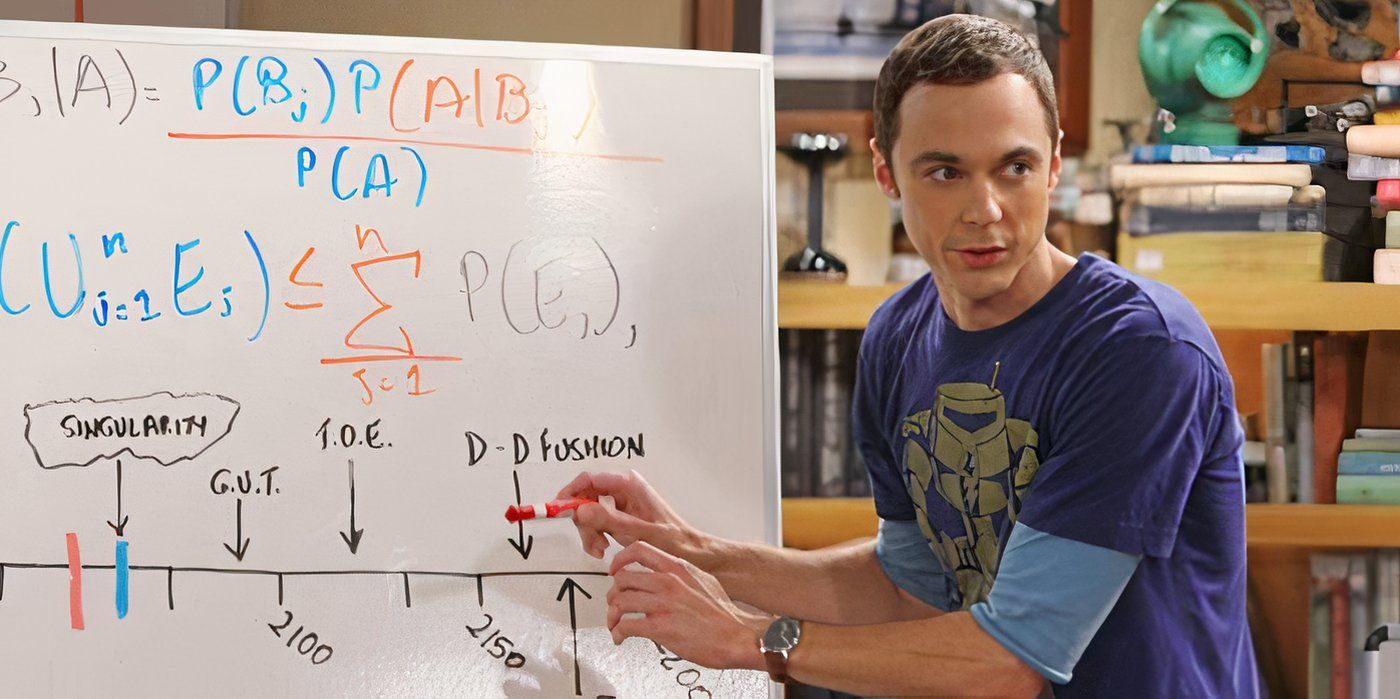
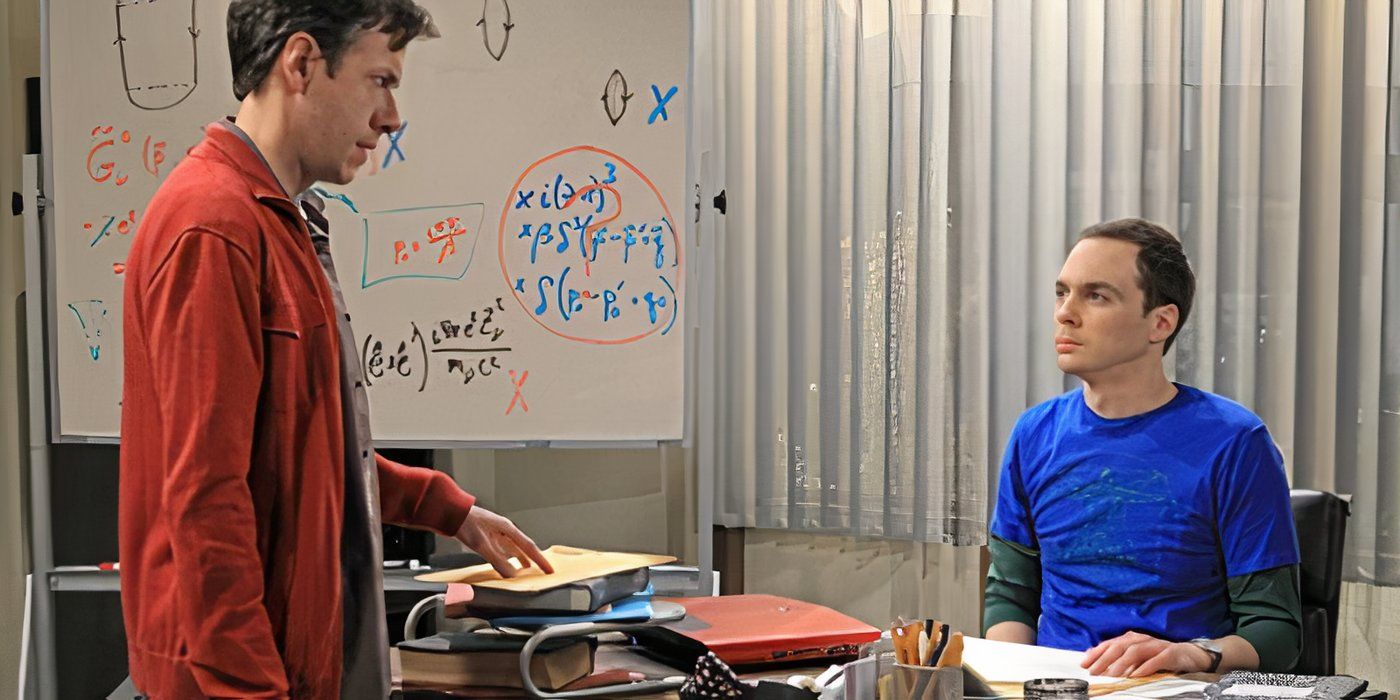

Young Sheldon’s “Funeral” showed that Sheldon couldn’t help being awkward and demanding, whereas “The Itchy Brain Simulation” betrayed the character by implying the opposite. While Sheldon always had a devious side, he wasn’t usually outright malicious. This made Leonard’s struggle with the sweater feel particularly pointless. Instead of illustrating how much Sheldon struggled with his internal monologue, the experiment just reaffirmed for Leonard that Sheldon liked seeing him unhappy and uncomfortable. That said, the outing could have been salvaged with a major storytelling change. Without its twist, the plot would have been a sweet way for Leonard to empathize with Sheldon.
If Leonard had been unable to return the DVD and conceded that Sheldon’s life was harder than he imagined, this could have shown a new side of the pair’s friendship. While The Big Bang Theory’s Leonard had a lot of patience for Sheldon’s antics, it was never entirely clear why he put up with so much. Leonard’s heroic ability to help Sheldon, despite his attitude, could have been justified in this episode if Sheldon’s roommate had walked a mile in his shoes. Instead, a cheap twist ending ensured made it one of The Big Bang Theory’s most hated episodes.


